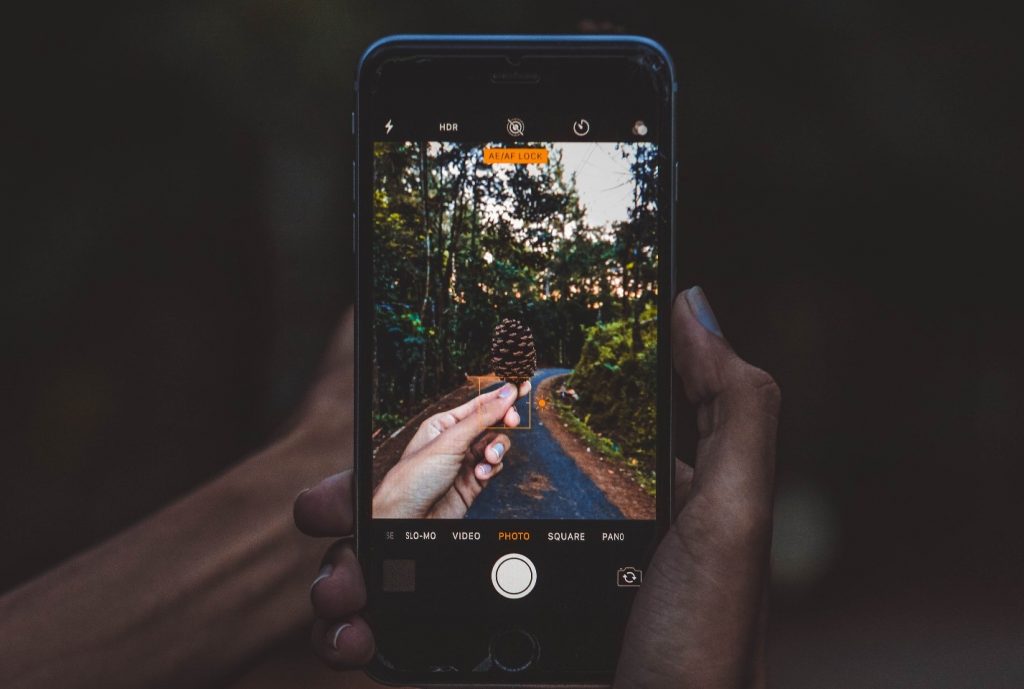It seems like Google works to make science fiction dreams into reality on a regular basis. Almost 40 years ago, Douglas Adams dreamt up a hand-held universal repository of information that could easily provide the user with information on any topic or item. Now, with the upcoming release of Google Lens AI for Google Images, we’re another step closer to having our own personal Hitchhiker’s Guide to the Galaxy. Of course, this information won’t be presented to us with Adams’ humorous spin describing the usefulness to those travelers attempting to thumb it across the galaxy, but the possibilities for use here on Earth seem like they could be endless.
What is Google Lens?
Anywhere from identifying that flower on your walk, or the breed of the dog you saw playing fetch in the park, to that awesome jacket you saw someone wearing on the subway; By merely taking a picture of an object, Len’s AI will be able to show you what it is with more information about it. If it’s a product for sale, you’ll easily be able to find out where you can buy it. Lens lets you do this by either selecting an object pre-traced by the AI on your screen or by essentially circling what you’d like to zero-in on with your finger. Google will then show results related to what it’s seeing.
Google Images Evolution
Recently, Google’s search algorithm has been updated a number of times to improve the user experience while perusing the web. Changes have also been made to Google Images, with a bigger emphasis on context in recent months. Google’s approach to ranking the most relevant images takes into account what else is on a web page as well as the topic of the website in its entirety. Aside from that, Google is beginning to favor more recent content, being that older information can become outdated rapidly in today’s world.
The change that’s been especially important in enabling Google Lens’s AI to successfully identify objects and bring the user related information is that there is more significance attributed to a web page where the image is the focal point of the page. One could assume that when the image is the focus of the page, that’s where you’ll find the most relevant information about said image.
How can marketers leverage this?
As with every algorithm update Google does, their blanket recommendation for SEOs is that the content of the website, and the website itself should be constantly improved. Specifics about meta tags, page setup and more are not necessarily discussed. Still, this Google Lens update could create valuable opportunities for marketers: making sure dedicated pages about individual products are built out, have high quality images, and follow well-known SEO best practices, webpage rankings could benefit from this change.
Really, though, this change is a win for everyone – not only will marketers have new opportunities for reaching consumers, but nature lovers will benefit from their new tree identification tool, and city dwellers can use it to identify buildings on the skyline of their concrete jungle.
So, while we may not be about to use Google Lens Al to discover the answer to life, the universe, and everything, we can certainly go out and discover all kinds of new information, and hopefully find new and creative ways to reach our new potential customers and loyal, current clients.
Source: blog.google
- Google’s Guide to the Galaxy - October 11, 2018



